Institutes, Centres and Groups
Institutes, centres and groups
Institutes, centres and groups
Institutes
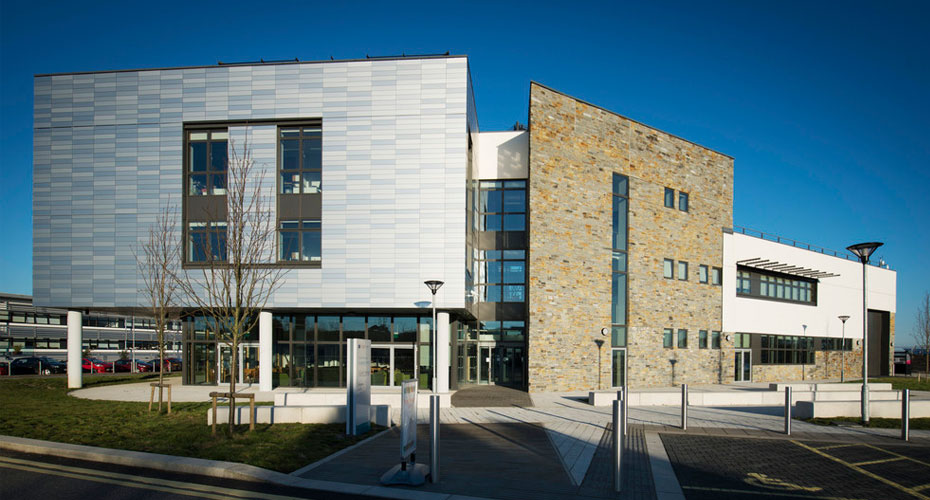
The Environment and Sustainability Institute (ESI) leads cutting-edge research into solutions to problems of environmental change. One of its key research areas is ecosystem health in animals, plants and microbes, and investigates disease load, microbe communities and pollution.
Find out more >>
LSI merges research in biology and medicine with ground breaking physical sciences technologies and powerful mathematical modelling capabilities to generate the fundamental knowledge and tools required for improving health and treating disease.
Find out more >>
Centres
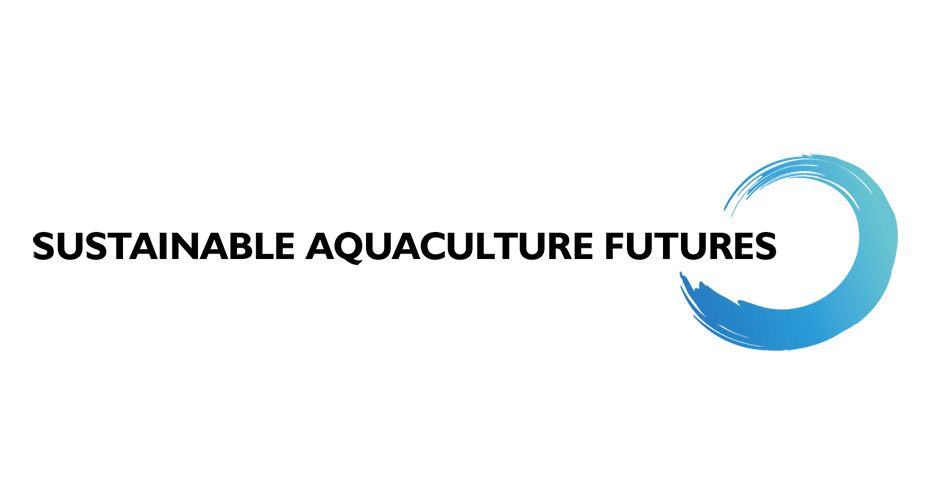
SAF works in collaboration with the global aquaculture sector, undertaking research activity to optimize healthy environments and to develop sustainable aquaculture. Scientists at the Centre work with experts across a variety of disciplines including immunology, microbiology and genomics.
Find out more >>
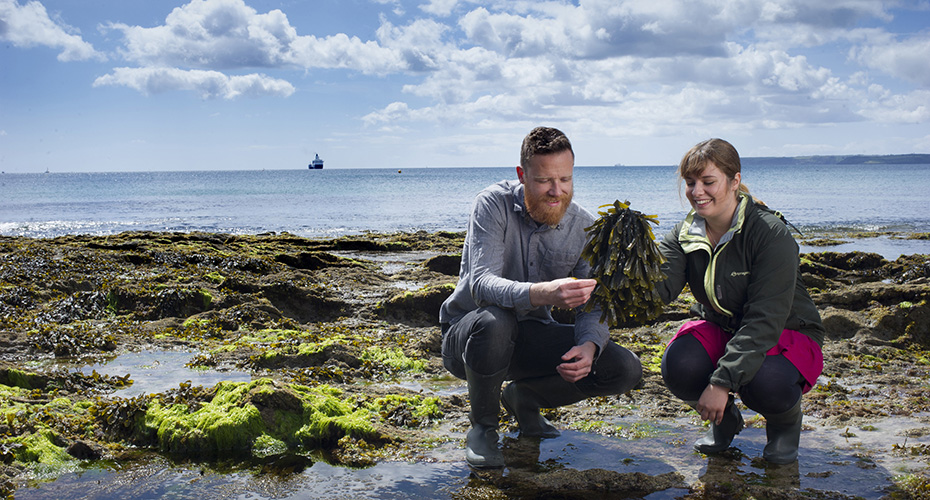
Based at the University of Exeter’s Truro campus in Cornwall, the European Centre for Environment and Human Health (ECEHH) conducts world-class research into the complex connections between the environment and health which impacts policy at a national and international level. The Environmental Dimension of Antimicrobial Resistance microbiology group are based within the ESI sharing lab space with microbiologists from CLES and EMPS.
Find out more >>

Egenis is recognised internationally for its interdisciplinary research into the nature, history and implications of the modern biosciences. It has pioneered new approaches to the understanding of genomics, stem cell science and microbiology.
Find out more >>
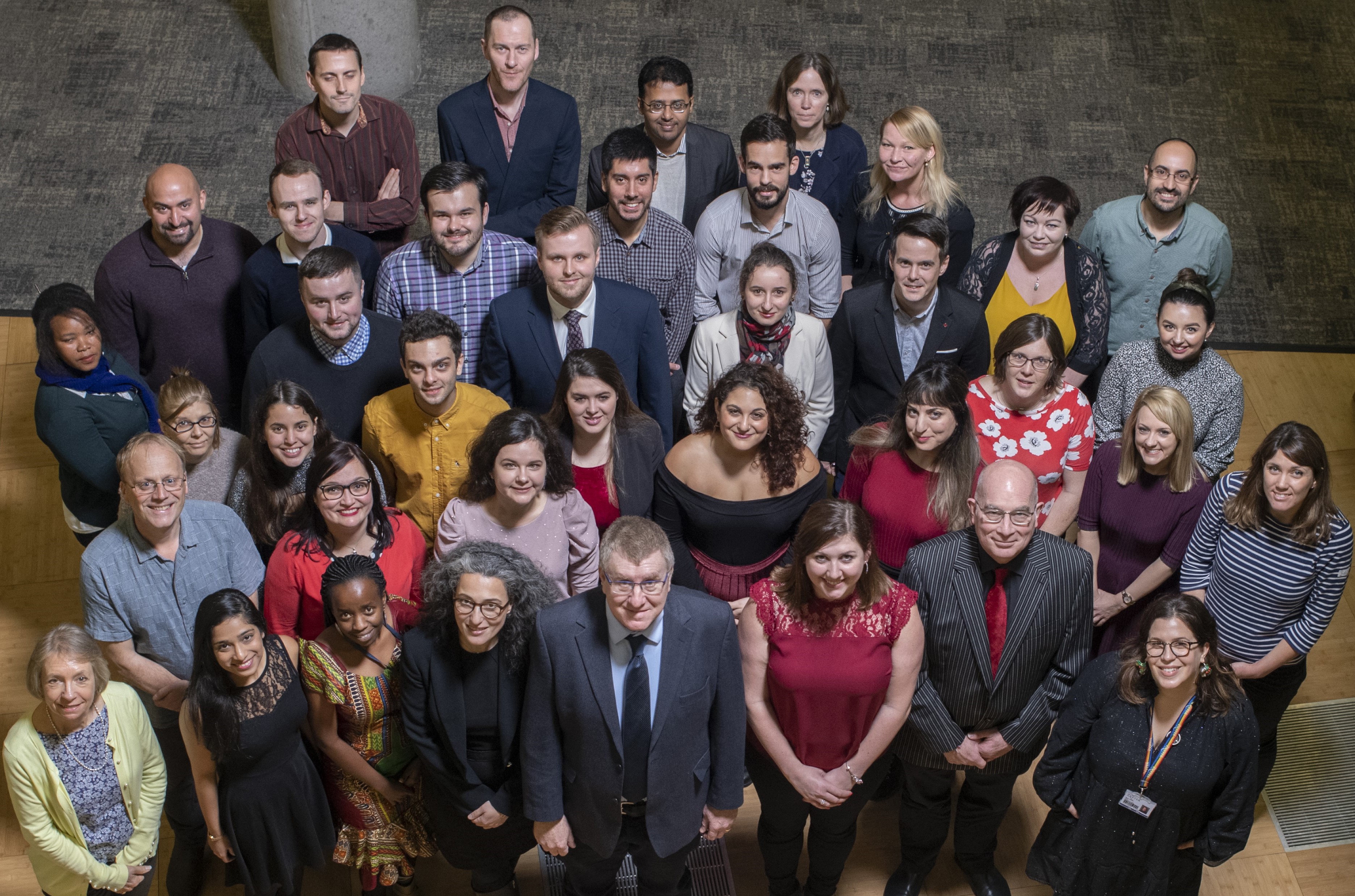
The MRC CMM represents one of the most ambitious strategic investments in medical mycology worldwide, placing Exeter at the forefront of fungal research at a critical time.
Find out more >>
The Wellcome Centre for Cultures and Environments for Health Applies transdisciplinary environmental research to address health challenges including disease emergence and persistence and AMR.
Find out more >>

The Centre for Ecology and Conservation (CEC) delivers cutting-edge teaching and research to address the factors that influence biodiversity and complexity in the natural world.
Find out more >>
Groups
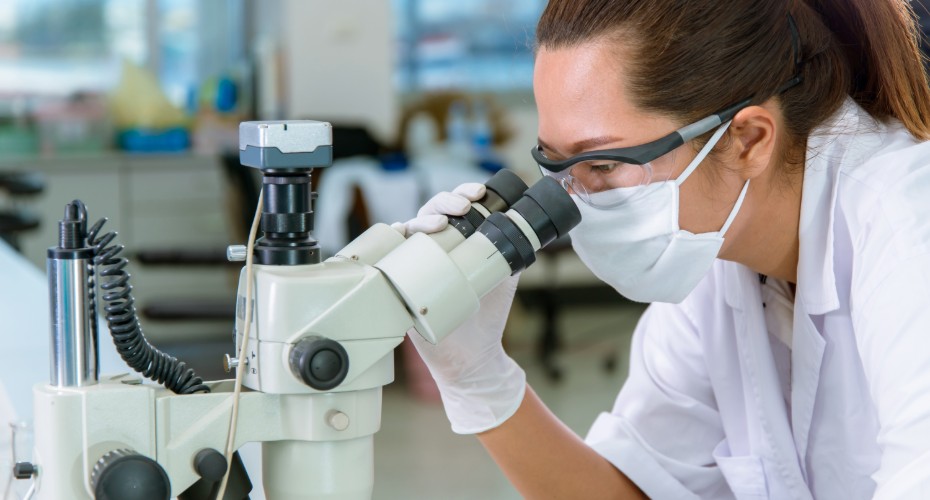
Our research ranges from the fundamental science of bacterial and fungal evolution to focusing on the environmental spread of resistant bacteria and fungi and we have an interdisciplinary network of researchers across the university focusing on AMR (#ExeterAMR).
Find out more >>
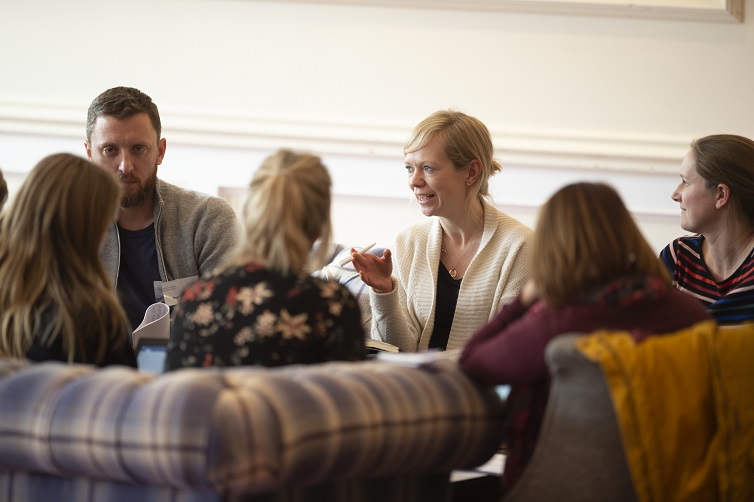
The Translational Research Exchange @ Exeter (TREE) programme links biomedical and clinical researchers with Exeter’s physical science, computational and mathematical expertise to deliver research excellence and innovation in healthcare technologies, including diagnostic technologies for a range of diseases.
Find out more >>
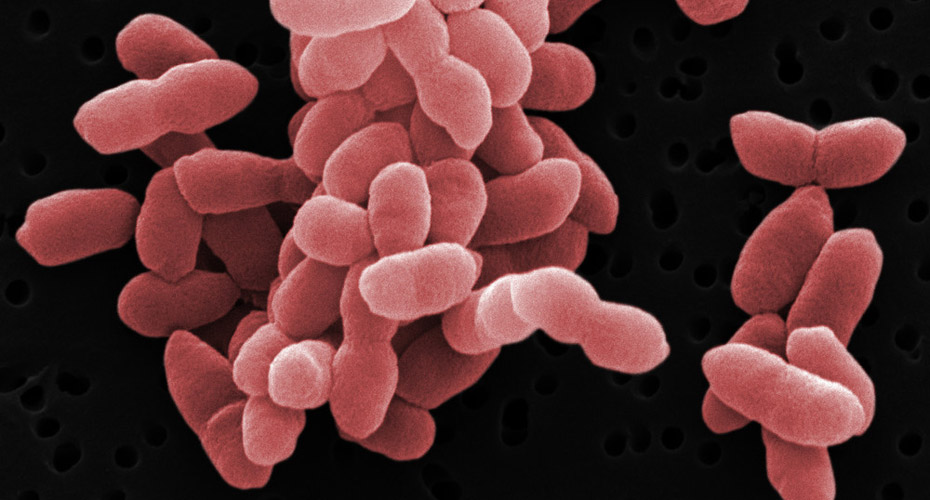
The Microbial Evolutionary Ecology group focuses on understanding microbial systems, from the molecular and cellular level through to the population and community level, and defining the complex interactions between microbes and their hosts.
Find out more >>
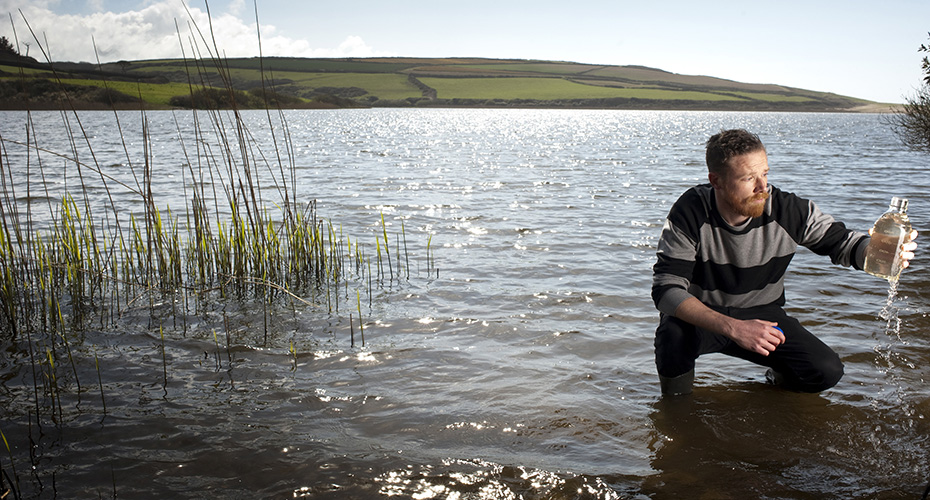
Microbiologists based at the Environment and Sustainability Institute (ESI) form an integrated team of internationally distinguished scientists who deliver some of the University’s most impactful and high profile research into solutions to problems of environmental change.
Find out more >>
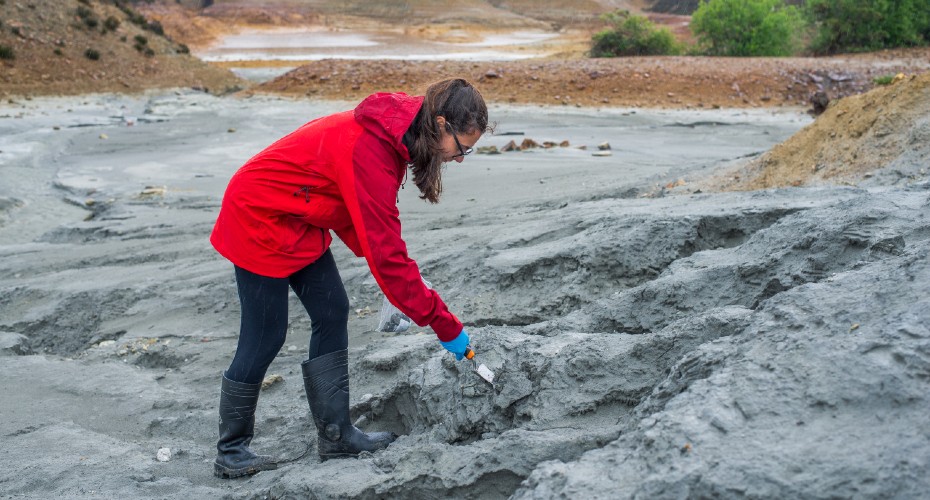
Based at the Camborne School of Mines, The EM3 Environment group research the behaviour of metals in the environment, particularly how microbes interact with metals and minerals. Our research is interdisciplinary and incorporates microbiology, mineralogy and geochemistry.
Find out more >>
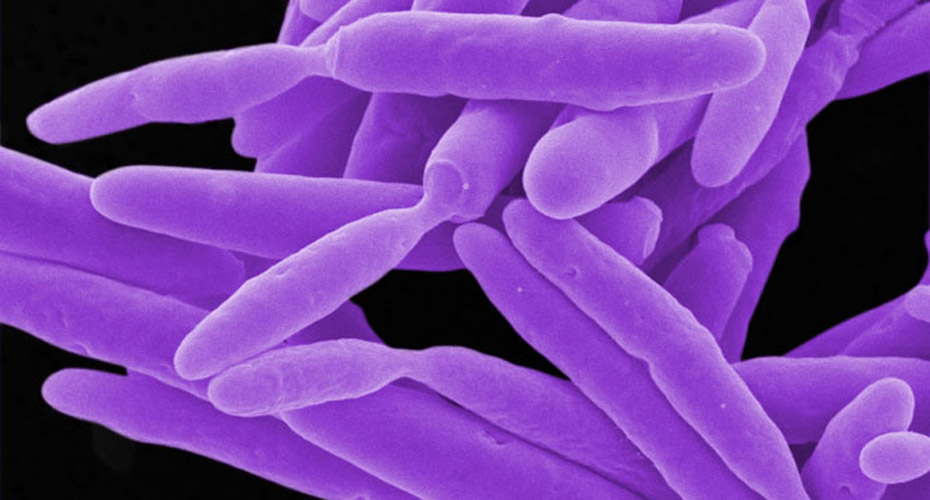
This multi-disciplinary group comprises internationally renowned scientists with extensive research programmes in plant-fungal interactions, molecular plant pathology, biological control, medical mycology and human disease diagnostics, and modelling of fungal diseases.
Find out more >>
